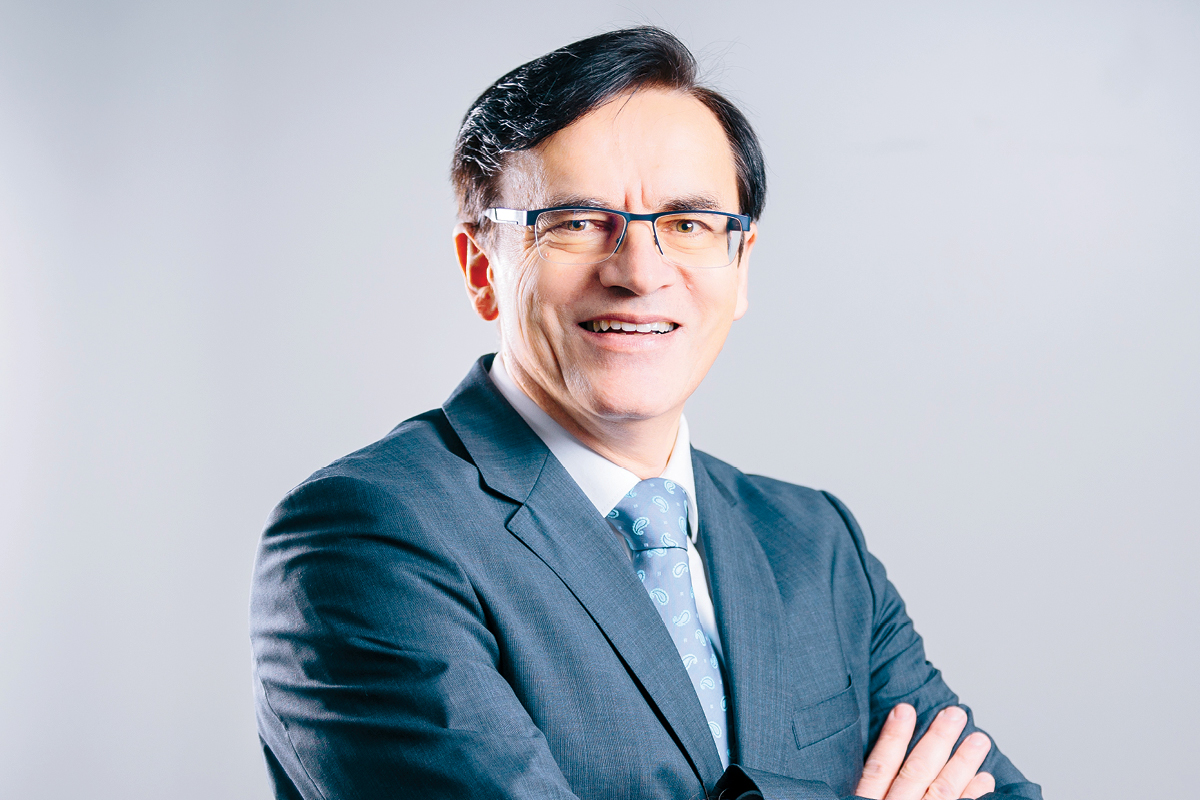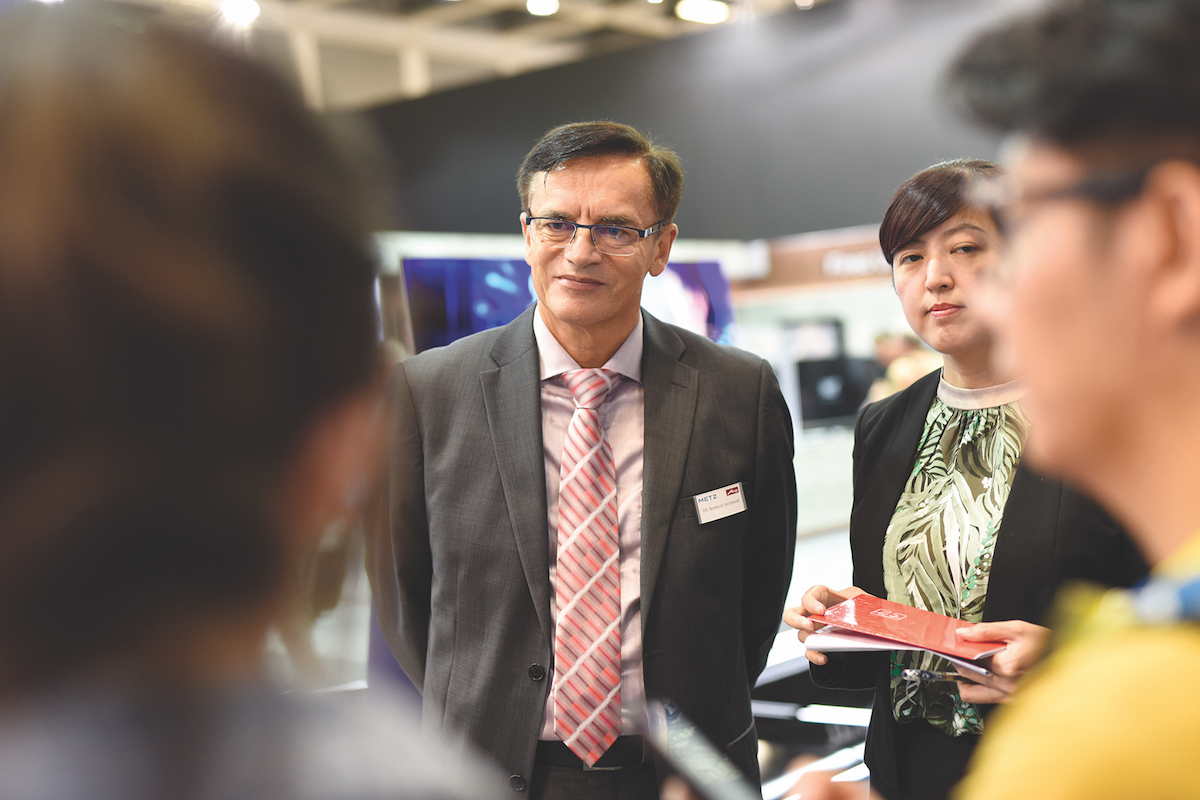On paper, German firm Metz Consumer Electronics is a manufacturer of television sets. In practice, it aims to provide something a little less tangible with every purchase – reliability. “The Metz brand has always stood for quality German-made products,” says CEO Norbert Kotzbauer. “If you buy a Metz, you can rely on it and you will be satisfied with your unit. This is our promise to our customers.”

Indeed, as one of the few surviving German consumer electronics manufacturers holding fast in an industry dominated by Asian giants, Metz’s ‘German-ness’ has become its unique selling point. The brand was founded in 1938 by Paul Metz, then a young engineer. It first made its mark with radios and camera flash units before moving to televisions in 1955. The firm has never looked back since.
But that’s not to say the company is immune to changes in the electronics retail landscape. As the saying goes, “If you can’t beat them, join them”. With Asian manufacturers locking the market in a price war that will seemingly never end, Metz made the bold move to take on a new investor in 2015 – the Skyworth Group, a Chinese holding company based in Shenzhen.
“We took about two years to get used to each other. Then, we sat down to come up with a strategy for Metz. It was clear to both of us that we should build a new brand,” recalls Norbert.
The result is Metz Blue, a mid-market offering launched last year. Up until then, Metz had occupied
a high-end niche with its Metz Classic range. Unlike Metz Classic, products in the Metz Blue line are not manufactured in Germany.
However, Norbert is quick to endorse the range: “It doesn’t matter if you have a quality premium product from the Metz Classic range or a quality mid-level product from the Metz Blue range.
Our promise to the end consumer is that it will always be reliable.” He goes on to explain: “Metz Blue allows us to cover more market channels. The idea is to diversify outside Europe, to have a worldwide growth strategy.” The range has so far been introduced in Hong Kong, India, South Korea and most European countries.
To support this ambitious growth, the company’s strategic partnership with Skyworth is key. “We are an independent small- or middle-sized company that is now integrated into a group. This gives us unprecedented access to the supply chain and R&D competence of our shareholder,” says Norbert.

“To get access to suppliers or technology, there’s usually a minimum quantity required in the order. That’s not easy for us as a small company. With the backing of Skyworth, we get access to so much more. “It’s a really big opportunity for us. By combining the strength of Skyworth’s supply chain and access to technology with our market experience building a brand in Europe, I believe we are likely to be successful in our growth strategy,” he continues.
The partnership with Skyworth Group may have given Metz the luxury of choice but it in no way means that Metz will start supplier hopping. “Our promise to the consumer is reliability,” Norbert reiterates. “And we can only fulfil that if we also ask that of our suppliers. This means that we cannot change suppliers every time we find one that is one per cent cheaper.
“Using product ranges under Metz Classic as an example, we always try to set them up so that they last two to four years. That’s a very long period in our industry. To be successful releasing products this way, we have to be able to use the same operating system, chipset or mainboard but constantly improve it during the period.
“With the brand strategy we have, long-term relationships with suppliers are really important.”
“If we change suppliers every few months, it would not be possible to build on long-term ideas for a range of products,” Norbert explains. “With the brand strategy we have, long-term relationships with suppliers are really important.”


